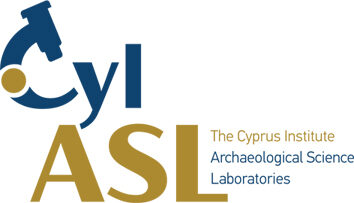
The use of scientific methods to study the lives and times of past people has been a focus at the Cyprus Institute from its very inception, and is enshrined in the name of one of its earliest Research Centers: STARC, the Science and Technology in Archaeology and Culture Research Center. The A.G. Leventis Chair in Archaeological Sciences builds on this strong foundation, particularly in human osteoarchaeology and archaeobotany, by expanding the scope of STARC to include inorganic archaeological materials science as well. Here we present some key people directly linked to the Chair; pride of place belongs to Professor Vassos Karageorghis (left, pointing the way during his lecture at the Inauguration Ceremony) who from the very beginning has been insisting that archaeological science is essential for any modern archaeology, and has always been a staunch supporter of STARC, as well as so many other archaeological organisations in Cyprus.
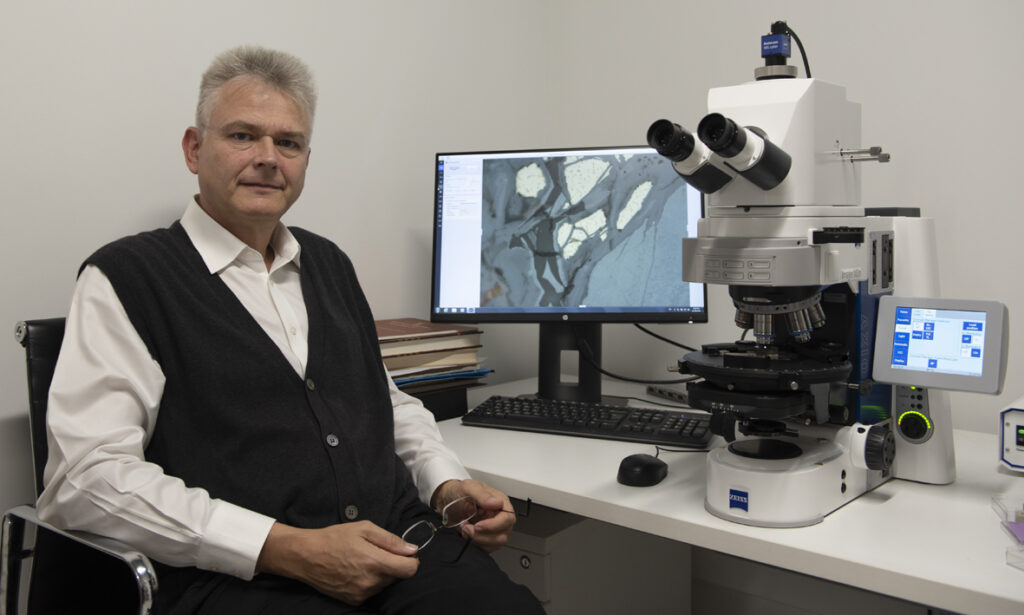
Thilo Rehren, A.G. Leventis Professor
Thilo Rehren trained as an Earth Scientist with specialisations in economic geology and geochemistry/volcanology. His PhD on the petrology and magma development of Nisyros, an island arc volcano in the Dodecanese, was supervised by Professor J. Keller at the Albert-Ludwigs-University in Freiburg, Germany. After a six-month postdoctoral period at the Department of Materials at the University of Oxford in 1989 he took up a position as Research Scientist at the Deutsches Bergbau-Museum in Bochum, Germany, helping to establish the Volkswagen-Foundation funded Institut für Archäometallurgie. In 1999 he was appointed as the Chair of Archaeological Materials and Technologies at the UCL Institute of Archaeology in London, UK, a post he held until 2017. From 2011 to 2016 he was seconded as founding Director to establish UCL Qatar, a postgraduate Centre of Excellence in Archaeology, Museology and Conservation Science in Doha, Qatar, as part of Education City. In September 2017 Thilo joined the Cyprus Institute as a tenured professor and Director of its Science and Technology in Archaeology and Culture Research Center (STARC). In September 2018 he was appointed to the A.G. Leventis Chair in Archaeological Sciences, where he leads a research group focused on inorganic Archaeological Materials. Academia.edu | Google Scholar
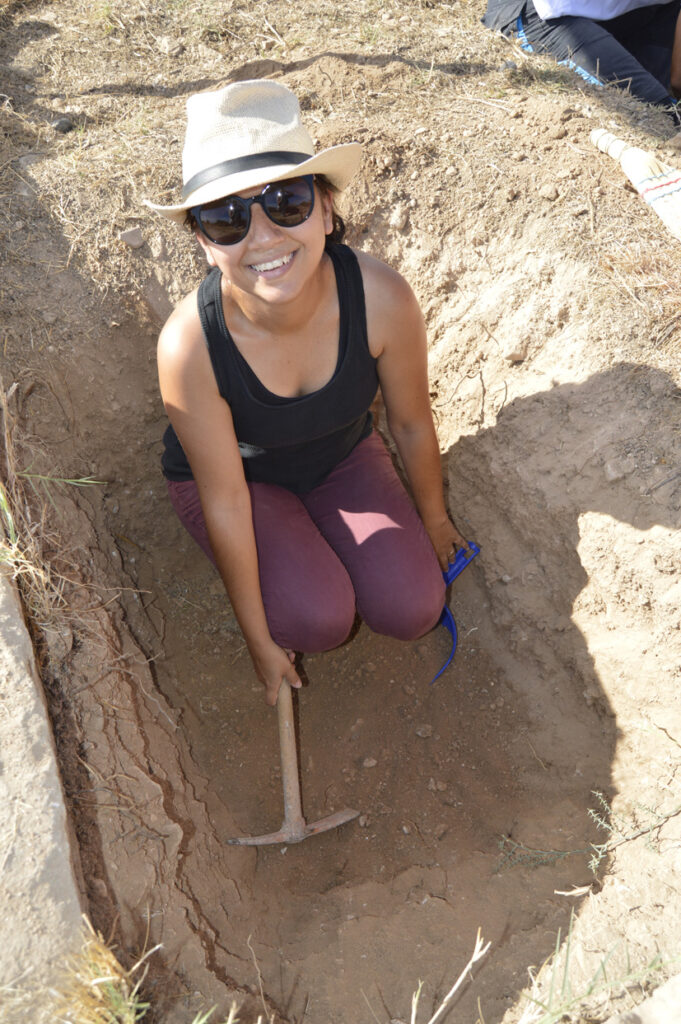
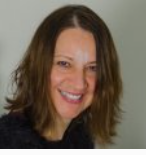
Dr Evi Margaritis
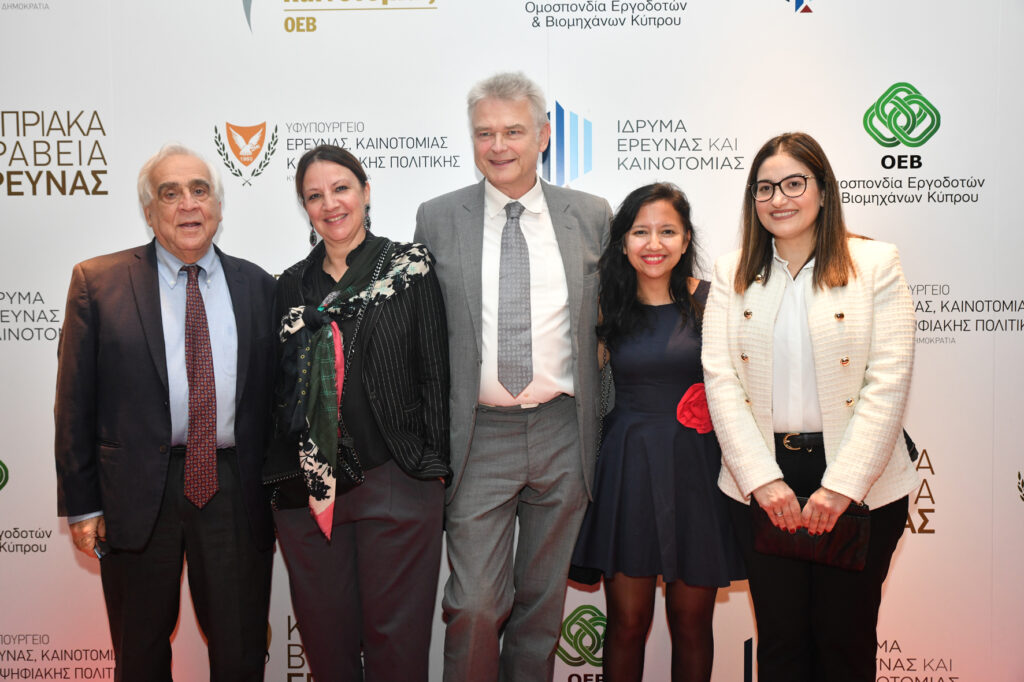
A major strength of Archaeological Sciences at STARC is its broad coverage of major aspects of the field. Enabling significant synergies among the different research methods, Environmental Archaeology focuses on food production and its role in human-landscape interaction with a team led by Dr Margaritis. Human Osteoarchaeology, with two teams led by Drs Kirsi Lorentz and Efthymia Nikita, respectively, explores the physical response of the human body to its environment and how the archaeologically preserved human remains can inform us about living conditions, mobility and other important aspects of past societies.
